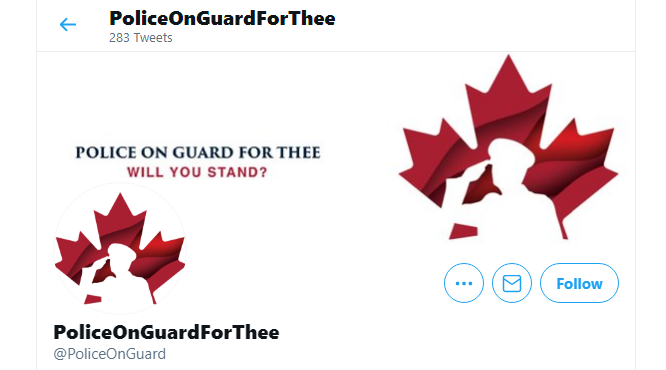
There was an online announcement of a Notice of Application filed in the Toronto Branch of Ontario Superior Court, Civil Division. Predictably, it caused a buzz in the alternative media. Several commented that it was disappointing the mainstream outlets chose not to cover it.
While that is a valid point, there is another one to raise: how come other complaints have dropped off of people’s radars? There was one filed in October 2019 that is collecting dust 18 months later. There is also a high profile suit filed July 2020 with no defenses submitted almost a year later. True, there was a temporary moratorium on filing deadlines, but that lapsed September 14, 2020. There doesn’t appear to have been any attempt to either force that case ahead, or seek default judgement.
The average person may not know this, but it’s quite easy to search for a case in Ontario and see what progress, if any, has been made. If Parties aren’t even represented, that can also be found out.
Despite there being no movement in those cases, a defamation lawsuit was filed in December 2020. Interesting how actual human rights violations are worth only $11 million, but mean words on Twitter is worth $12.75 million. Perhaps there is some deeper insight that isn’t obvious.
Now, what people choose to do in their private lives is their business. That being said, when asking for donations from the public to finance a lawsuit, it’s worthwhile to ensure the money is going where it’s supposed to be.
One example last year was Action4Canada/Liberty Talk raising money for the promise of a lawsuit in B.C., against Bonnie Henry. Now, the fundraising started in September 2020 (if not earlier), so that has been 8 months now. The promised lawsuit has not materialized. Odessa Orlewicz has spoken about pocketing 25% of it.
It sounds great (on the surface) that another challenge was launched. However, it must be asked: will anything become of it? Or will it fade away, like its predecessors?
On the topic of covering court cases: it’s worth pointing out that various Libel & Slander Acts provide a number of defenses for people reporting on them. These include truth, opinion, public interest, and acting in good faith. Also, there are anti-SLAPP laws (strategic lawsuits against public participation), that ensure reporters and journalists will have a wide breadth to cover important events. For anyone wanting to publish information on court cases, this is important to know.

Clearly there are honest and legitimate intentions to seek remedy in the courts that have been and are blocked/stalled by the AG. We have seen it with another case from Alan Whiteley in Ontario where he was dragged on for 6 years with constant delays FORCED by the courts.
Unfortunately he passed before he could ever get his day in court and his final letter expressed deep concern for the injustice and of the inability to seek remedy in the courts for civilians who are harmed by government actions/policies.
It’s filthy when politics interfere in the justice system.
This is the suit of active and retired police challenging the governments actions.
The charge to dismantle the Crown Proceedings ACT as unconstitutional is, IMO, so very important.
https://www.constitutionalrightscentre.ca/20CRC16/wp-content/uploads/2021/04/police-noa-redacted.pdf
Good question. I’ve been wondering the same thing.
Attorney Generals cannot interfere with civil claims, so that’s not an excuse. But they definitely can, and do, interfere with private criminal prosecutions.